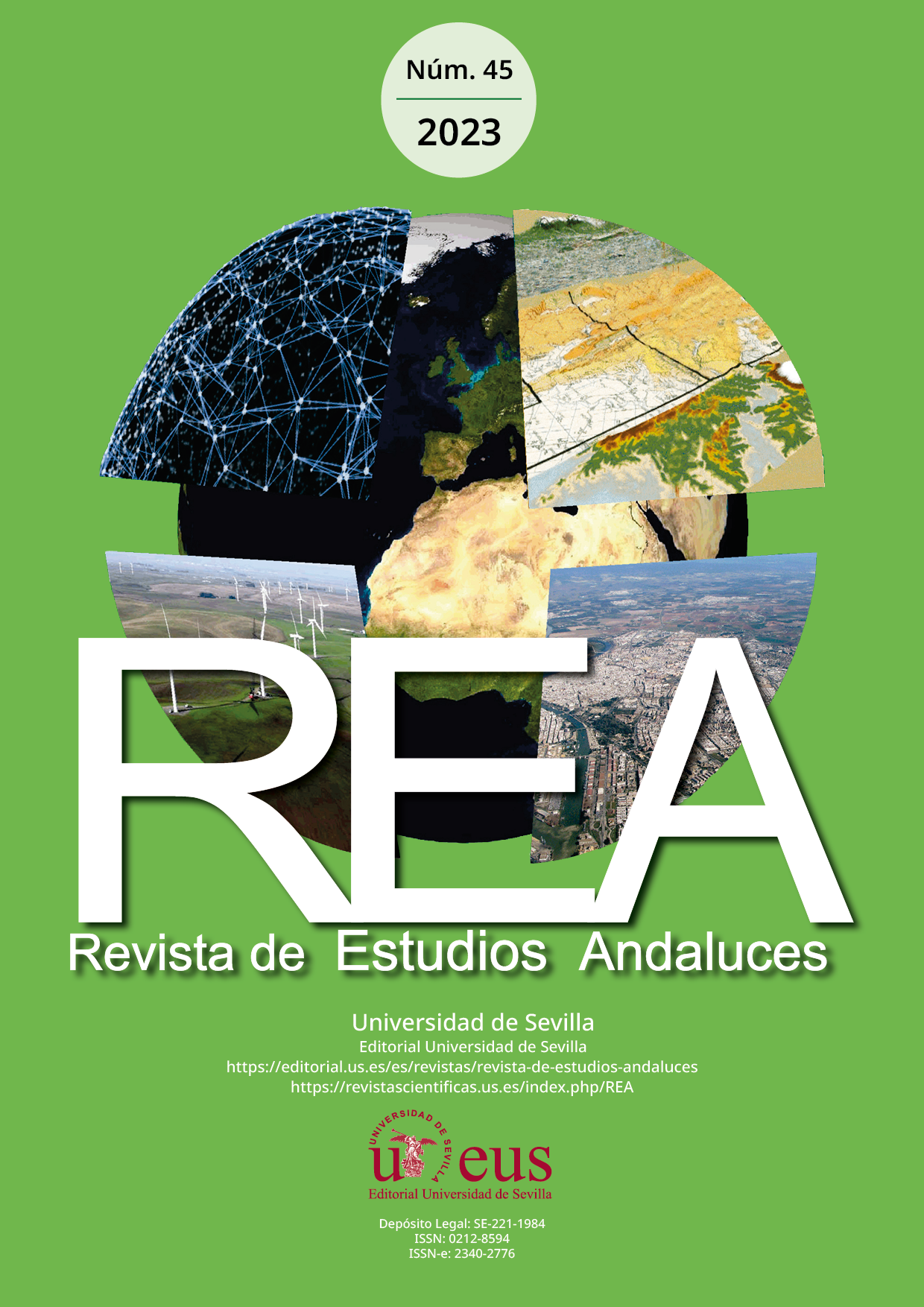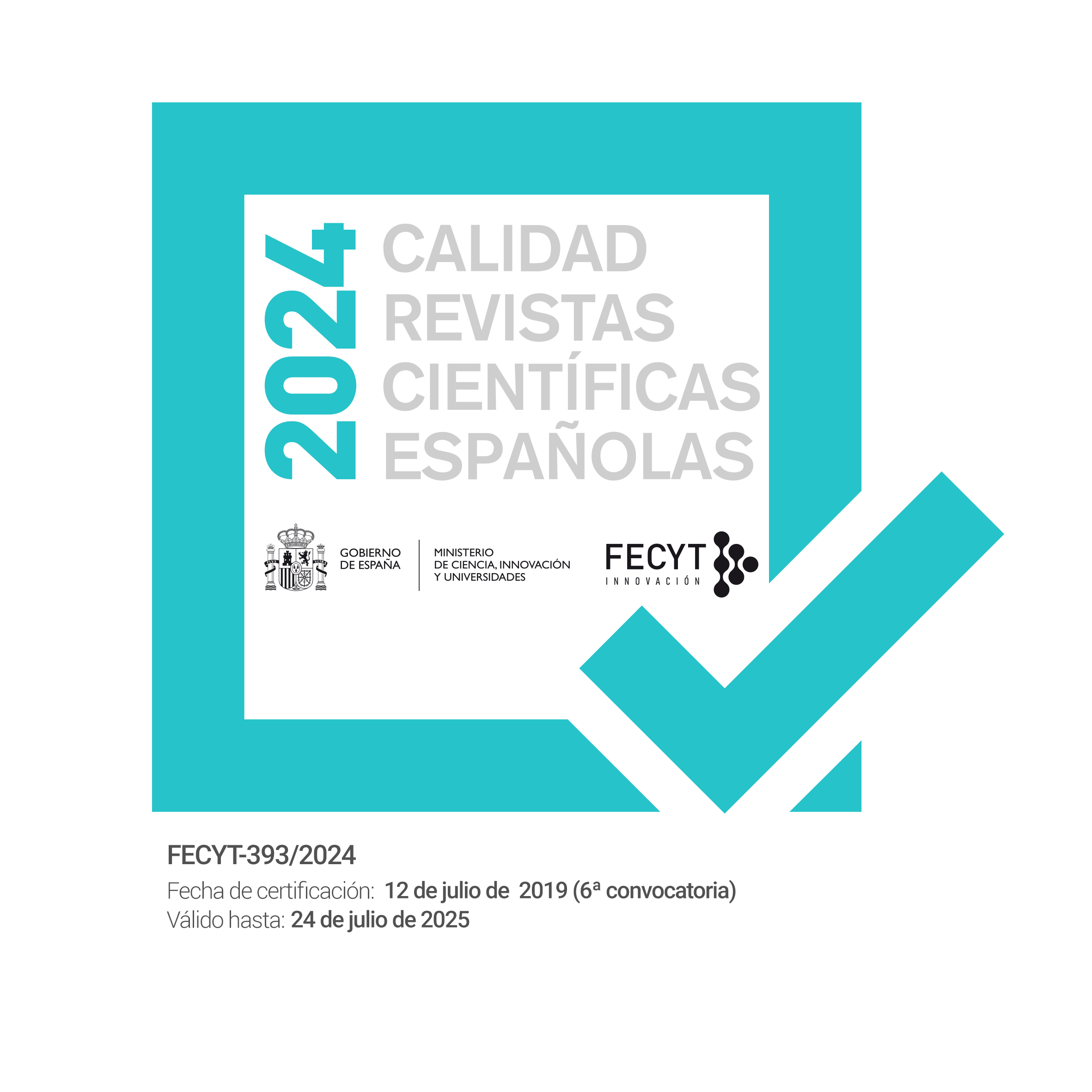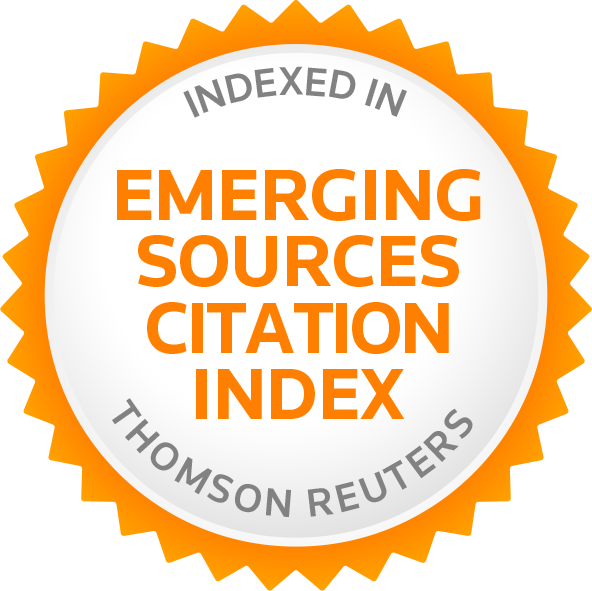Tourism promoting sustainable regional development: focusing on rural and creative tourism in low-density and remote regions
Palabras clave:
Peripheral territories, Regional planning, Regional strategies, Rural studies, Sustainable tourismResumen
This study, based on the analysis of the existing bibliography, as well as the result of the appreciation of a low-density and remote case studies located in the Azores Archipelago, seeks to identify a theoretical nexus regarding rural and creative tourism and regional sustainable development in the post-COVID-19 scenario. In this regard, the authors applied analytical descriptive and inductive deductive methods. Contextually, the study aims not only to understand the subject in more prominent detail but also to clarify new tendencies, approaches, and potential guidelines that allow the actors implicated to design and drive sustainable regional development in the long term. The remote and low-density territories are the most appealing destination for this new tourism dynamics. Also, the paper shows that it is possible to establish that in this ultra-peripheral territory, the tourism sector was already presuming relevance in 2019, benefiting from a large sample of entrepreneurs and actors in the tourism sector in the Portuguese Autonomous Region of the Azores. Some potential implications may include the following: (i) Increased economic benefits: Creative tourism can bring in additional revenue for local businesses and organizations and individual artists and craftspeople; (ii) Preservation of cultural heritage: Creative tourism can help to support and preserve traditional cultural practices and crafts, which can be an essential aspect of island communities’ identity; (iii) Job creation: Creative tourism can create new job opportunities for locals, such as tour guides, workshop instructors, and artists.
Descargas
Descargas
Publicado
Cómo citar
Número
Sección
Licencia
Derechos de autor 2023 Revista de Estudios Andaluces

Esta obra está bajo una licencia internacional Creative Commons Atribución-NoComercial-CompartirIgual 4.0.
La edición electrónica de la Revista de Estudios Andaluces se ofrece en acceso abierto desde el número 28 publicado en 2011 hasta la actualidad. Las ediciones impresa y electrónica de esta Revista son editadas por la Editorial de la Universidad de Sevilla, siendo necesario citar la procedencia en cualquier reproducción parcial o total.
La Revista de Estudios Andaluces no cobra tasas por el envío de trabajos, ni tampoco cuotas por la publicación de sus artículos. La Revista es gratuita desde el momento de la publicación de cada número y sus contenidos se distribuyen con la licencia “CreativeCommons Atribución-NoComercial-SinDerivar 4.0 Internacional” , que permite al usuario de la Revista de Estudios Andaluces criterios que cumplen con la definición de open access de la Declaración de Budapest en favor del acceso abierto. Puede consultar desde aquí la versión informativa y el texto legal de la licencia. Esta circunstancia ha de hacerse constar expresamente de esta forma cuando sea necesario.







